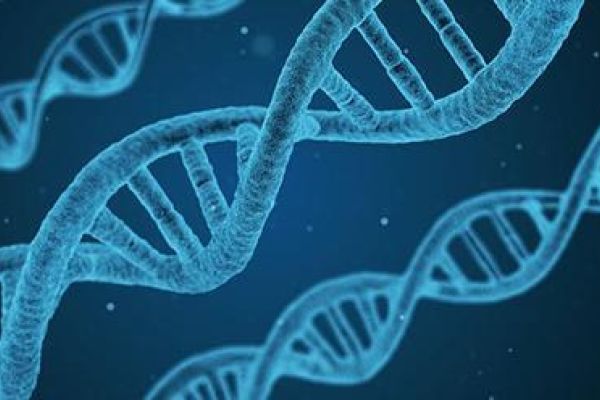Genome editing: an ethical review
Report
Published 30/09/2016

Moral perspectives on genome editing
Through our call for evidence, factfinding meetings and research interviews, we have identified a number of key moral perspectives on genome editing, which are briefly summarised below. These perspectives inform attitudes to the different potential applications of genome editing that we consider.
Science as a moral enterprise
This centres on the idea that the pursuit of scientific knowledge will benefit society, and that the freedom granted to scientists, and the trust placed in them by the public, is implicitly based on the expectation that science and technology will improve the conditions of human existence and of the wider environment.
Intervening in the genome
Few people argue that intervening in the genome is intrinsically more important than other ways of manipulating nature, but most acknowledge that it has significant and distinctive implications due to the role of the genome in determining biological processes and passing on changes to future generations.
Moral conservatism
Moral conservatism is often presented as a scepticism about the wisdom or motives of deliberate human intervention to direct complex biological processes (beyond conventional treatments for disease). It may also express concerns that science and technologies such as genome editing are moving too quickly for processes of critical reflection (e.g. law, regulation, cultural practices) to keep pace.
Moral norms and human rights
Concerns that certain uses of a technology may interfere with human rights are often invoked as reasons for ruling certain uses of a technology such as genome editing morally out-of-bounds. They may, equally, offer grounds for resisting the interference by the state or by others in the use of genome editing where there is no legitimate reason for doing so.
Welfare and risk
The concept of welfare suggests a potentially measurable set of consequences by which to judge and compare different proposed initiatives. The likelihood and nature of the expected benefits of genome editing, the possible harms it may lead to, and the risks associated with not doing it, may all figure in welfare calculations. Where the possible consequences of an action may lead to serious and irreversible harm, a precautionary approach may be favoured.
Social justice
The benefits and harms of genome editing, as with other technologies and innovations, are not necessarily distributed equitably between all people. Factors such as wealth, gender, sexuality, ethnicity, disability, class, and where people live may contribute to them being disproportionately affected by how genome editing is used. It may be appropriate to give special consideration to possible negative effects that could cause discrimination, injustice or disadvantage in society.
Governance and democracy
Many people are anxious to have clear limits that distinguish between morally acceptable and unacceptable uses of genome editing. A wide range of perspectives and values are likely to affect different people’s judgment of the issues. Democratic procedures that take account of the range of views will have an important role to play in developing regulatory and practical ways forward.
We conclude…
When we think about how genome editing should be used, it is important to also think about how it should be governed. Given the public interest in the use of genome editing, an approach will need to be found that acknowledges that people arrive at these questions with different values, priorities and expectations.

Share